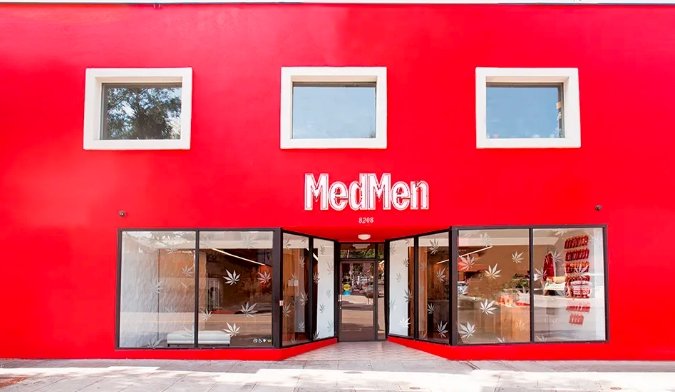In a surprising turn of events, MedMen, once a titan in the cannabis retail industry, has scaled back its operations, closing all but two of its California locations. This move marks a significant shift in the cannabis retail landscape and raises questions about the future of cannabis entrepreneurship.
The Rise and Stall of a Cannabis Giant
MedMen’s journey from a burgeoning startup to a leading chain in the cannabis market is a tale of rapid expansion and ambition. With a vision to normalize and elevate the cannabis consumer experience, MedMen opened multiple locations, offering a wide range of products and a sleek, Apple-store-like ambiance that redefined dispensaries.
However, the company’s aggressive growth strategy came at a cost. Financial difficulties began to surface, leading to a series of layoffs, executive departures, and store closures. The recent shutdowns of their iconic locations, including the West Hollywood flagship store, signal a retreat from their once-dominant stance in the market.

A Market in Flux
The cannabis industry in California is no stranger to change. From regulatory shifts to evolving consumer preferences, dispensaries must navigate a complex landscape. MedMen’s downsizing reflects these challenges and underscores the need for adaptability in this sector.
Other dispensaries may view MedMen’s contraction as an opportunity to fill the void and capture market share. Meanwhile, consumers could benefit from increased competition, potentially leading to better service and product innovation.
Looking Ahead: Implications for the Industry
MedMen’s decision to close most of its stores is more than a business adjustment; it’s a signal of changing tides in the cannabis industry. As the market matures, companies will need to balance growth with sustainability, focusing on customer loyalty and operational efficiency.
The story of MedMen’s rise and recalibration serves as a cautionary tale for other players in the cannabis space. It highlights the importance of prudent financial management and the need to stay agile in a rapidly evolving market.



